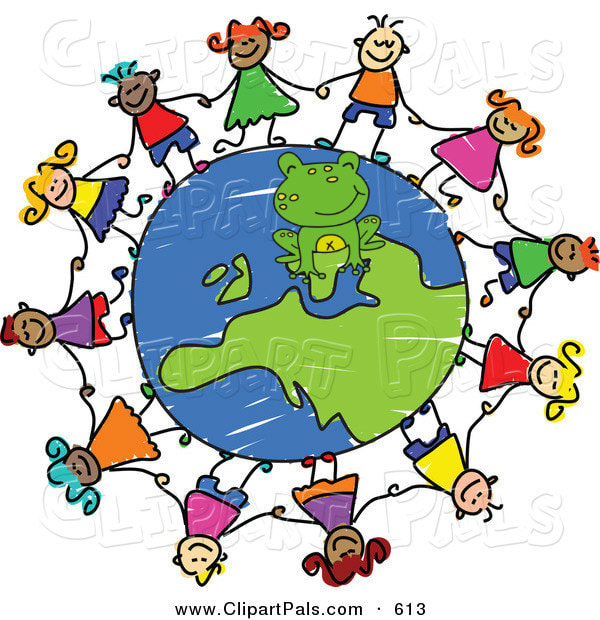Here's a little research on the subject that I found fascinating. I hope you do, too.
1. Feeling fortunate. France, Germany, Russia, Poland, and Japan (among others) believe that fortune is an element of happiness. The US, Spain, Ecuador, and Argentina (among others) do not believe that fortune is an element of happiness.
2. In a 2017 Gallup Poll, 70% of those surveyed said they had laughed, smiles, or experienced joy the day before the survey. 30% of the people worldwide said that they had learned or did something interesting the day before the survey.
3. People in Western cultures put a higher priority on maximizing happiness and minimizing sadness. Those in non-Western cultures tend to place more value on harmony and conformity than on individual happiness.
4. In Western, or individualist cultures, intense (high arousal)are valued and promoted more than quieter (low arousal) emotions. In Eastern or collectivist, cultures the reverse is true. Thus, Westerners experience more intense emotions and quieter ones. Easterners prefer, and experience, quieter emotions.
5. Cultural flow. Studies have shown that Chinese people tend to feel mixed emotions (both positive and negative) toward certain events while Americans tend to feel one way or the other. Recent research has shown that how we want to feel shapes how we do feel...so we tend to go with our cultural norms.
6. Empathy standings. A 2017 study coming out of the University of Michigan found that
Ecuador, Saudi Arabia, Peru, Denmark, and the United Arab Emirates ranked the highest when it comes to empathy. The US came in at number 7.
7. So who, then, were the lowest empathy-ranking countries? Lithuania, Venezuela, Estonia, Poland, and Bulgaria. Seven out of the bottom 10 countries were from Eastern Europe.
8. Does healthy equal happy? That's not always true. Culture affects health ramifications, as well. In one study, a positive outlook resulted in a healthier cardiovascular lipid profile for Americans but not for the Japanese.
9. Where does optimism fit into it? Optimistic American women live longer, according to one study. Optimism seemed to help lower the risk of death from heart disease, stroke, and cancer. But a similar study done in Britain showed that well-being did not appear to affect the mortality of most Brits.
10. We're more alike than we know. Of anger, contempt, disgust, fear, happiness and, sadness, happiness was most accurately recognized expression by people in 37 different countries who participated in the study. In that same study of 37 countries across 5 continents, people displayed similar behavior, ie laughing and smiling, when they were happy.
11. Positively outgoing. When people acted more extroverted, they reported feeling more positive emotions in their daily activities. This was true across different cultures: US, Venezuela, Japan, the Philippines, and China.
12. A study has shown that there is a link between free will and happiness, not only in US teens but also in those living in China.
And there you have it. I hope you've enjoyed learning how happiness looks across our planet. Thank you for taking time out of your busy day to read my blog...and that makes me one happy little frog!
Peace.

 RSS Feed
RSS Feed